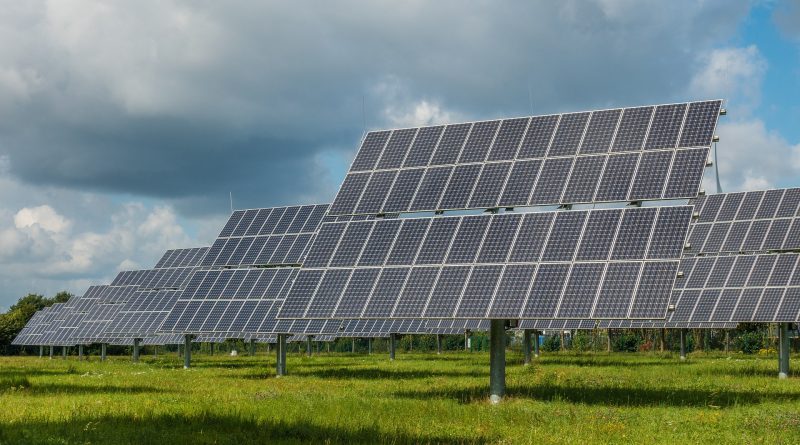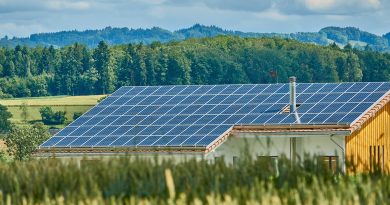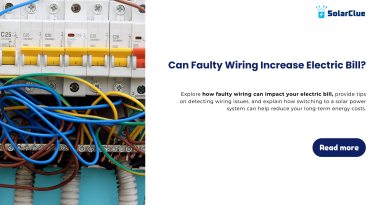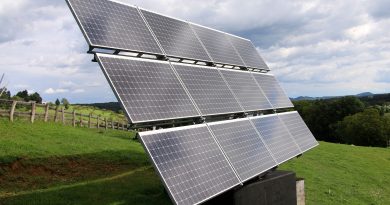Solar Energy Home System Cost: Affordable Solutions
Solar energy has gained significant popularity in recent years as a clean and renewable source of power. As the cost of solar panels continues to decrease, more and more homeowners are considering installing solar energy systems in their homes. However, one of the primary concerns for potential solar homeowners is the cost. In this blog, we will explore the factors that influence the cost of a solar energy home system and provide insights into the average prices homeowners can expect to pay. By understanding the cost breakdown and potential savings, readers will have a clearer picture of whether a solar energy home system is a worthwhile investment.
Table of Contents
Factors Affecting the Cost
There are several important factors that influence the cost of a solar energy home system. Understanding these factors is crucial in determining the overall price homeowners can expect to pay.
Type and Size of Solar System
The type and size of a solar energy system are key factors in determining the cost. The most common types of systems used in homes are grid-tied, off-grid, and hybrid. Grid-tied systems are connected to the local electric grid and allow homeowners to use solar power while still drawing electricity from the grid when necessary. Off-grid systems, on the other hand, are entirely self-sufficient and require energy storage solutions, such as batteries, to provide electricity during cloudy days or at night. Hybrid systems combine the best of both worlds, enabling homeowners to benefit from solar power while still having access to the grid.
The size of the system is measured in kilowatts (kW) and determines the amount of energy it can generate. Larger systems can produce more energy but are generally more expensive upfront. The size of the solar energy system required for a home depends on factors such as electricity consumption, available roof space, and budget.
Solar Panel Quality and Efficiency
The quality and efficiency of solar panels also impact the overall cost. High-quality panels often come at a higher price, but they are more durable, have better warranties, and perform better over time. The efficiency of solar panels refers to their ability to convert sunlight into electricity. More efficient panels can generate more electricity with less sunlight, allowing homeowners to maximize their energy harvest.
Installation Costs
Installation costs can vary depending on the complexity of the project, the location of the home, and the expertise of the installer. Mounting the panels on the roof, connecting the system to the electrical grid, and installing necessary equipment such as inverters and meters all contribute to the installation costs. It is essential to hire a professional and experienced installer to ensure the system works efficiently and safely.
Average Cost Breakdown
While the cost of a solar energy home system depends on various factors, it is helpful to have a general idea of the average prices homeowners can expect.
Cost per Watt
The cost per watt is a common way to evaluate solar panel prices. It represents the cost of installing one watt of solar capacity. On average, homeowners can expect to pay around $2.50 to $3.50 per watt for a complete solar energy home system. If we consider an average residential system size of 5kW, this translates to a total cost of $12,500 to $17,500.
Available Incentives and Tax Credits
In many countries, there are government incentives, tax credits, and rebates available to homeowners who install solar energy systems. These incentives can significantly reduce the overall cost. For example, homeowners in the United States may be eligible for the federal solar Investment Tax Credit (ITC), which can deduct up to 26% of the system cost from their federal taxes. Various state-level incentives and rebates further enhance the potential savings.
Long-Term Savings
While the initial investment may seem substantial, homeowners should also consider the long-term savings associated with a solar energy home system. Solar panels have an average lifespan of 25-30 years, generating electricity and reducing utility bills throughout their lifespan. With proper maintenance and monitoring, homeowners can expect to recover the upfront cost within 6-10 years of installation. Additionally, solar energy systems can increase the value of a home, making it a more attractive investment for potential buyers.
Conclusion
Embark on a journey to affordable clean energy with SolarClue®—your dedicated guide for solar energy home systems. Understand cost-effective benefits, assess factors influencing prices, and optimize your solar setup with expert assistance. SolarClue® helps you choose the right capacity, explore financing, and guides you through a seamless installation process. Learn about maintenance, navigate regulations, and join a supportive community to share experiences. Calculate energy savings, ROI, and maximize affordability with SolarClue®. Make well-informed decisions, optimize your solar investment, and contribute to a cleaner, sustainable energy future for your home. Start your solar journey with SolarClue® today!
Frequently Asked Questions
SolarClue® helps homeowners understand the cost-effective benefits and environmental impact of transitioning to solar power, emphasizing reduced electricity bills, sustainability, and long-term savings.
SolarClue® assists homeowners by explaining factors influencing solar energy home system costs, helping them assess and optimize these factors for an affordable and efficient solution.
SolarClue® guides homeowners in choosing the right solar energy home system by considering energy needs, providing a customized solution that fits their budget, and promotes clean energy adoption.
SolarClue® provides resources to help homeowners explore financing options, subsidies, and incentives, making their solar energy home system investment more affordable and financially viable.
SolarClue® guides homeowners through the solar energy home system installation process, ensuring a seamless and cost-effective setup with step-by-step assistance for clean energy generation.
SolarClue® offers insights into maintenance requirements for solar energy home systems, educating homeowners on caring for their installations for long-term efficiency and affordability.
SolarClue® supports homeowners by providing information on the regulatory landscape, assisting in obtaining necessary permits for solar installations, ensuring compliance with local guidelines, and facilitating a smooth process.
SolarClue® provides information on potential energy savings and ROI, assisting homeowners with calculations and strategies to maximize the benefits of investing in solar energy home systems.
SolarClue® fosters a community where homeowners share experiences with solar energy home systems, creating a supportive space for learning, troubleshooting, and advice to enhance the overall clean energy transition.
SolarClue® provides additional tips and best practices to homeowners, ensuring they make well-informed decisions and optimize their solar energy home system investments for maximum affordability, efficiency, and sustainability.




